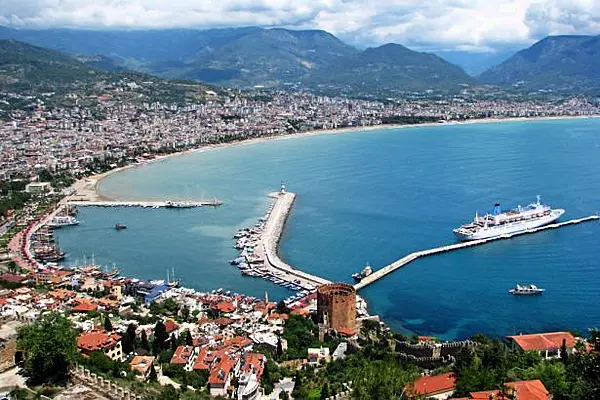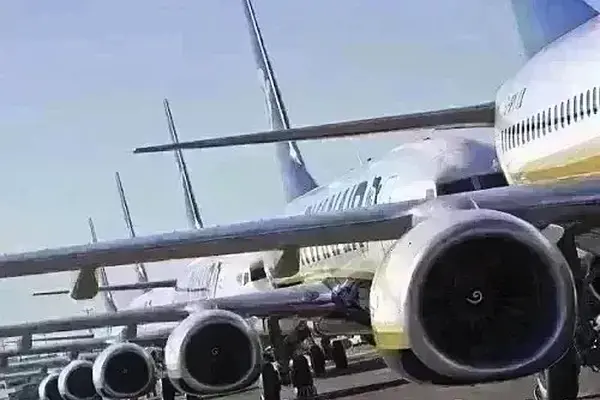Spain’s booming tourism industry should withstand the Barcelona attacks as people become more accustomed to near-constant security threats and the killings in the popular city fail to dent the far larger beach-resort market.
While Barcelona is a vibrant attraction for short breaks, most of the country’s visitors head to its famous costas and islands such as Majorca and Lanzarote. Tour operators would be more concerned about a terrorist incident like that in Tunisia two years ago in which a gunmen roamed hotels shooting dead 38 people and effectively closing down the nation’s holiday sector.
“Aside from events that knocked out an entire country, as in Tunisia, travelers seem to have brushed off attacks like this,” said Richard Clarke, an analyst at Sanford C. Bernstein Ltd. in London. “The question is whether terrorism in Barcelona will be associated with Ibiza or Tenerife. My guess is not, but we’re somewhat in uncharted territory as Spain is such a huge destination.”
TUI AG, Europe’s biggest holiday company, reports only a few calls from clients after Thursday’s attack, in which a van killed 13 people on the Ramblas avenue. “Everything is calm,” spokesman Michael Roell said. “Our core business is sun and beach, while city trips are a very small part.”
Spain has been a major beneficiary of terror-related shifts in European travel as security concerns led travelers to shy away from destinations in Turkey and North Africa. Even in Barcelona, the impact on visitor numbers may be shorter and less-pronounced than after incidents a few years ago.
No Dip
British Airways reported no discernible dip in bookings after the U.K. suffered three attacks that claimed 34 lives this year, including two where terrorists used a vehicle as a weapon. Deutsche Lufthansa also says demand has withstood deaths including a dozen in a truck attack in Berlin last Christmas, with a recovery in the particularly sensitive U.S. and Asia markets.
Demand was hit far harder in 2016, when many visitors stayed away in the wake of the November 2015 Paris attacks, which killed 130, the Brussels bombings four month later, in which more than 30 died, and a truck attack in Nice, where more than 80 lives were lost.
Among airlines, BA’s owner IAG is most exposed to Barcelona, with its Vueling and Level arms based there and Spanish flag carrier Iberia operating shuttle services to Madrid. The company said it’s “too early” to assess the impact of the attacks, and that operations will continue as normal with an option for clients traveling up until Aug. 20 to rebook. Level serves four North America cities from Barcelona and discounter Vueling has about 50 jets there.
Among the 100 or so other airlines that serve Barcelona El Prat, Ryanair Holdings Plc, Europe’s biggest low-cost carrier, stations 12 aircraft at the airport and serves 43 routes. Both it and EasyJet Plc, which also has a base in the city, said they’ll continue to operate their usual timetables.
The Barcelona attack marks the first major incident in Spain since 2004, though the country moved to its second-highest alert level in 2015 and Catalonia has seen a large number of terror-related arrests, according to the Jane’s Terrorism and Insurgency Centre at IHS Markit
The threat of more attacks will make for nervous times at TUI and Thomas Cook Group Plc, which have poured huge amounts of hotel capacity into Spain as people sought safe havens amid safety concerns.
“Loosing Tunisia was manageable, losing Turkey was partially manageable,” he said. “But loosing Spain as a destination would not be.”
News by Bloomberg, edited by Hospitality Ireland









